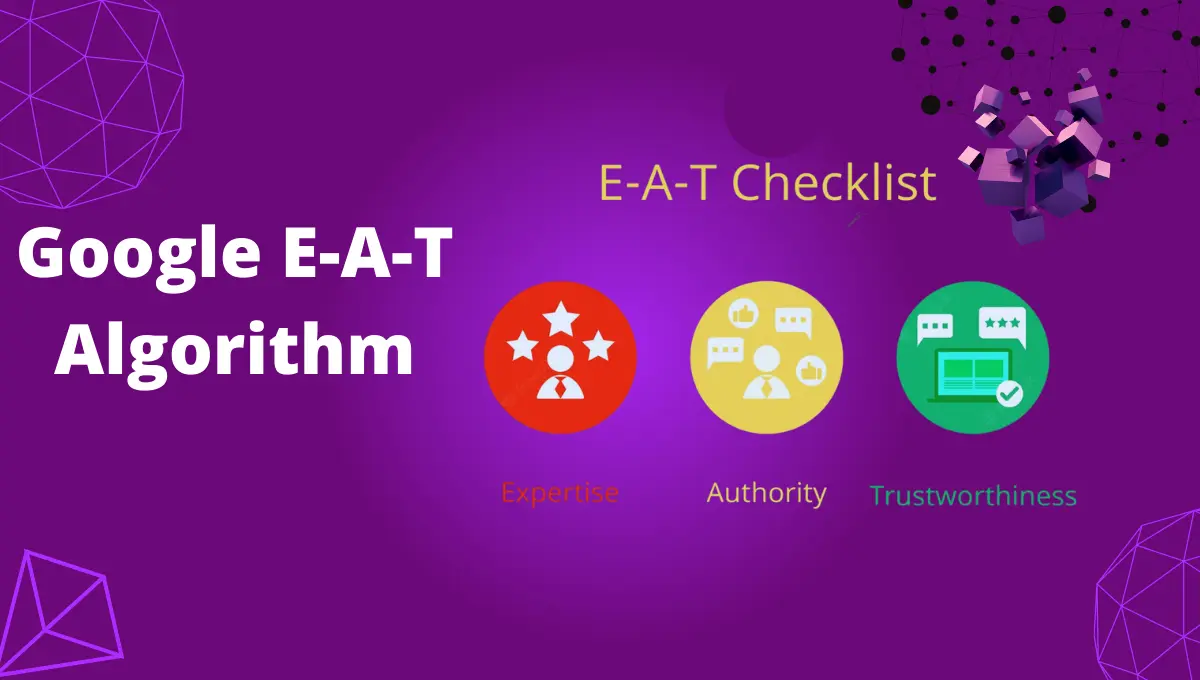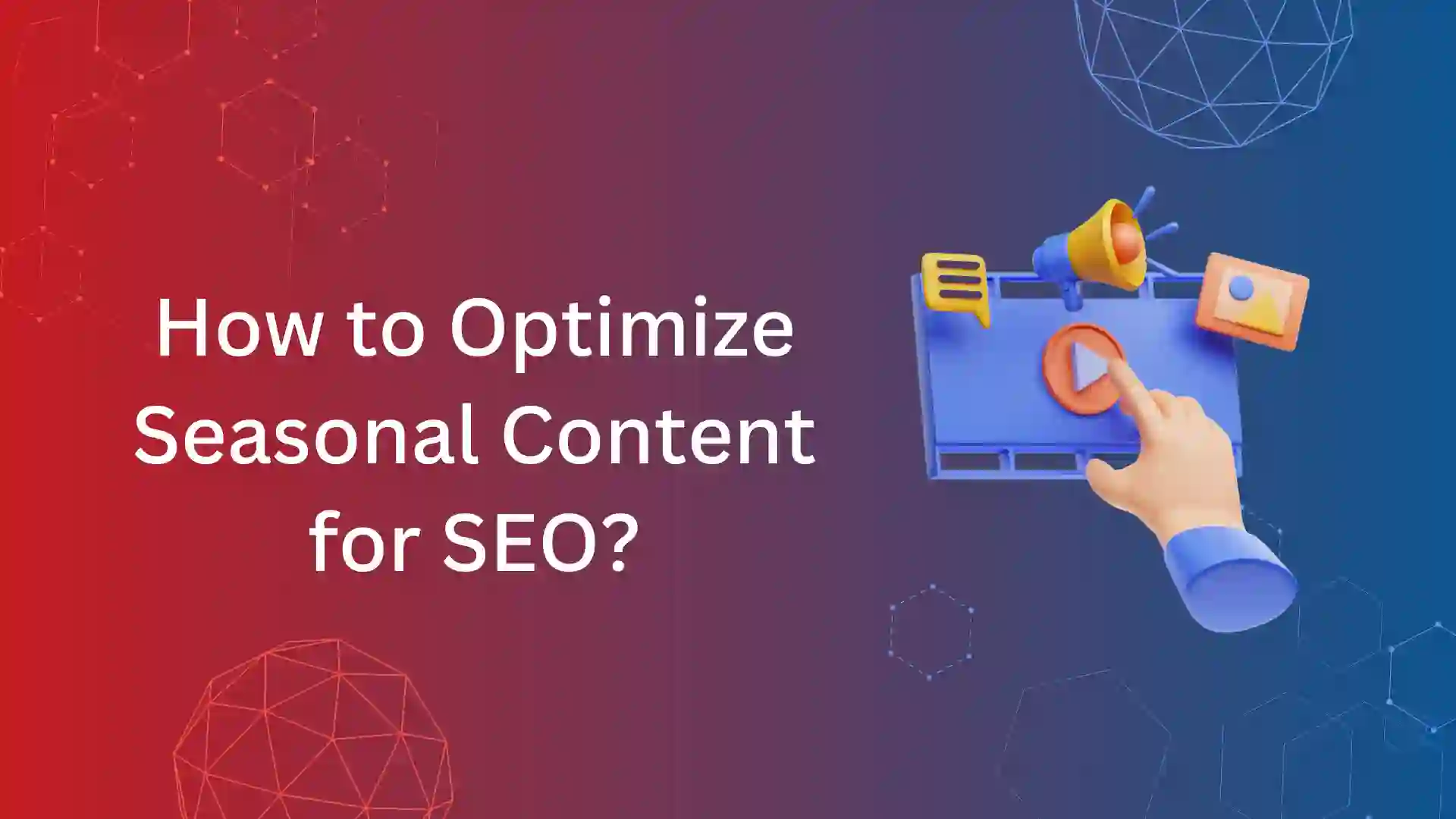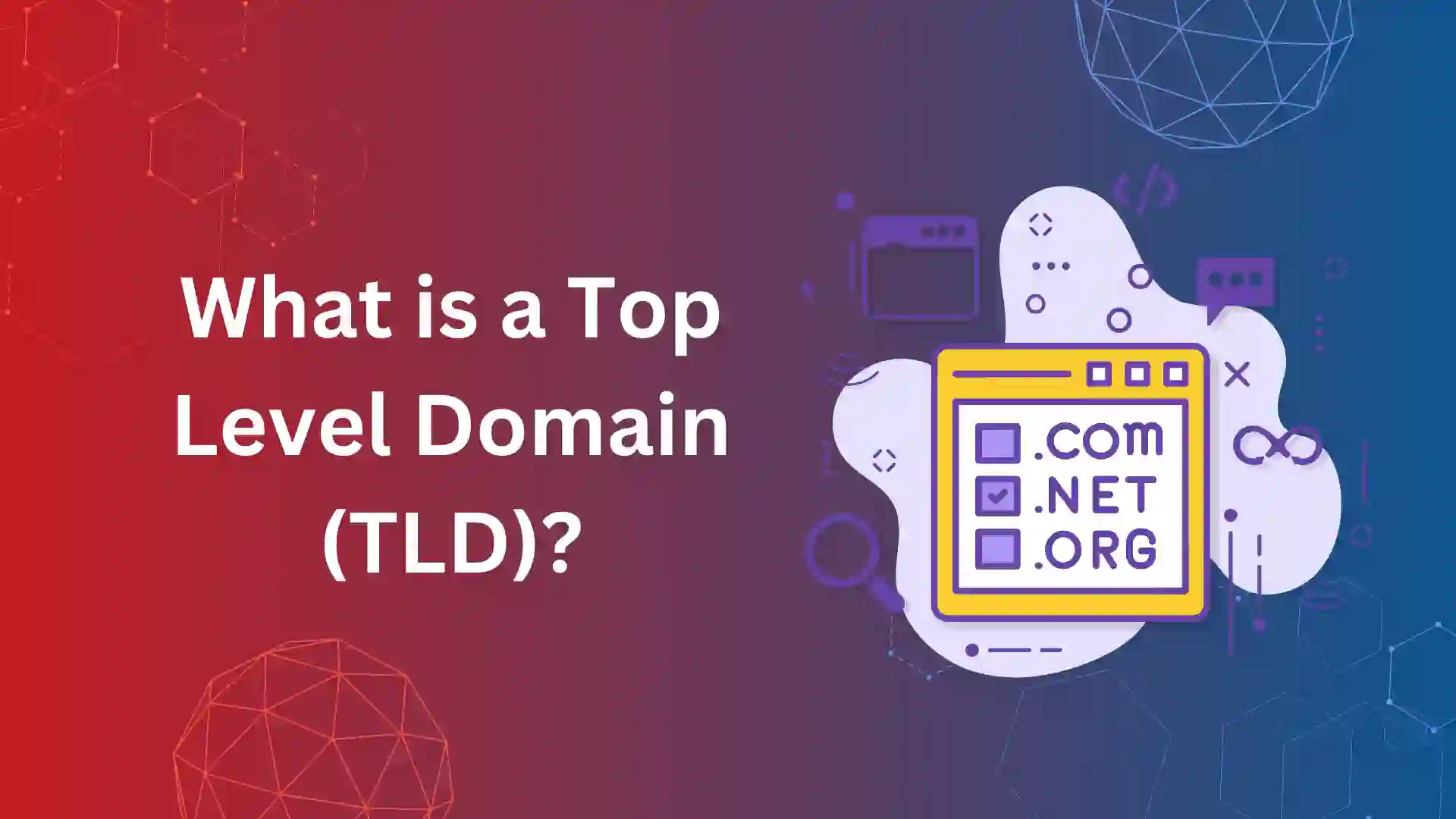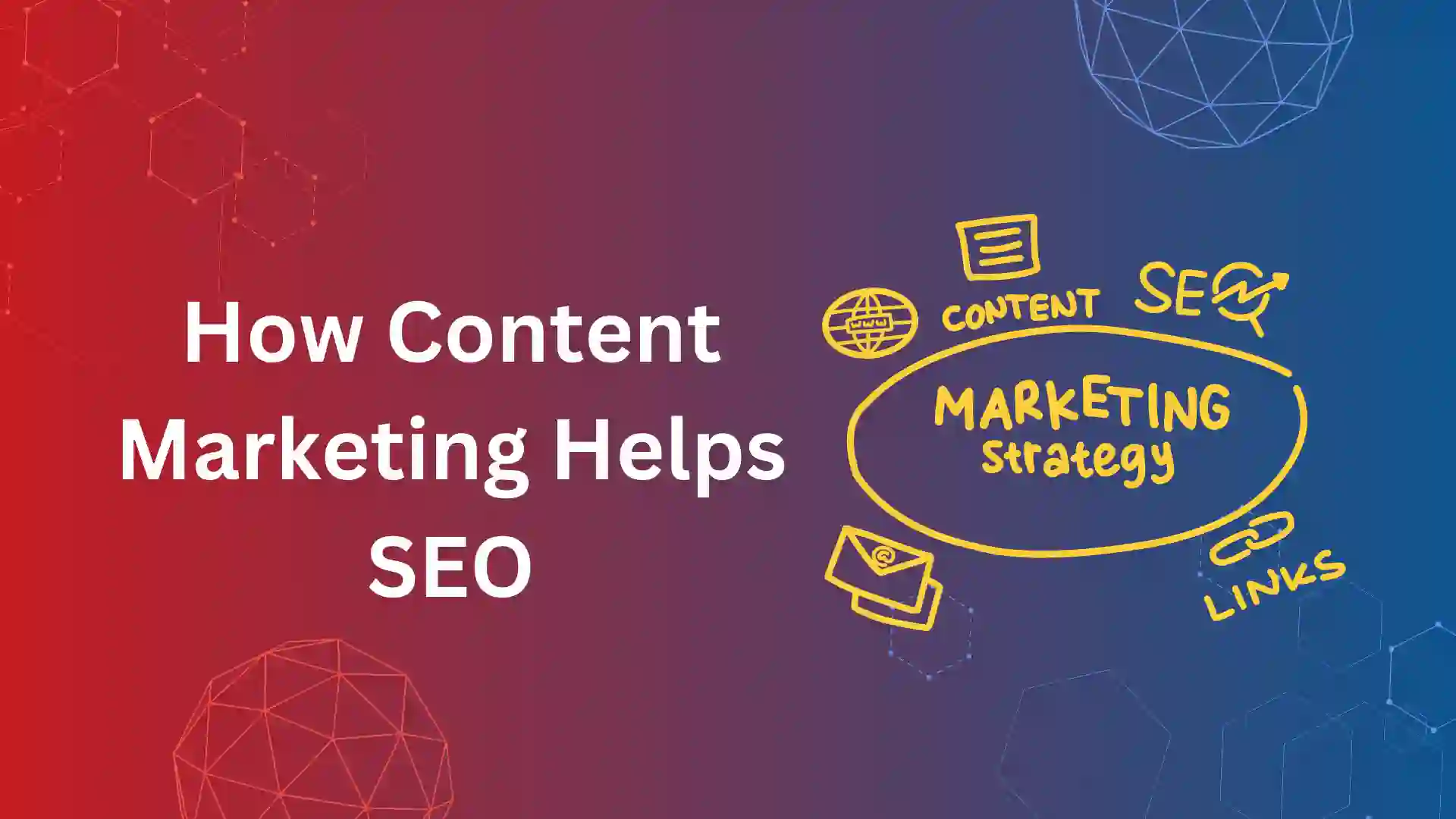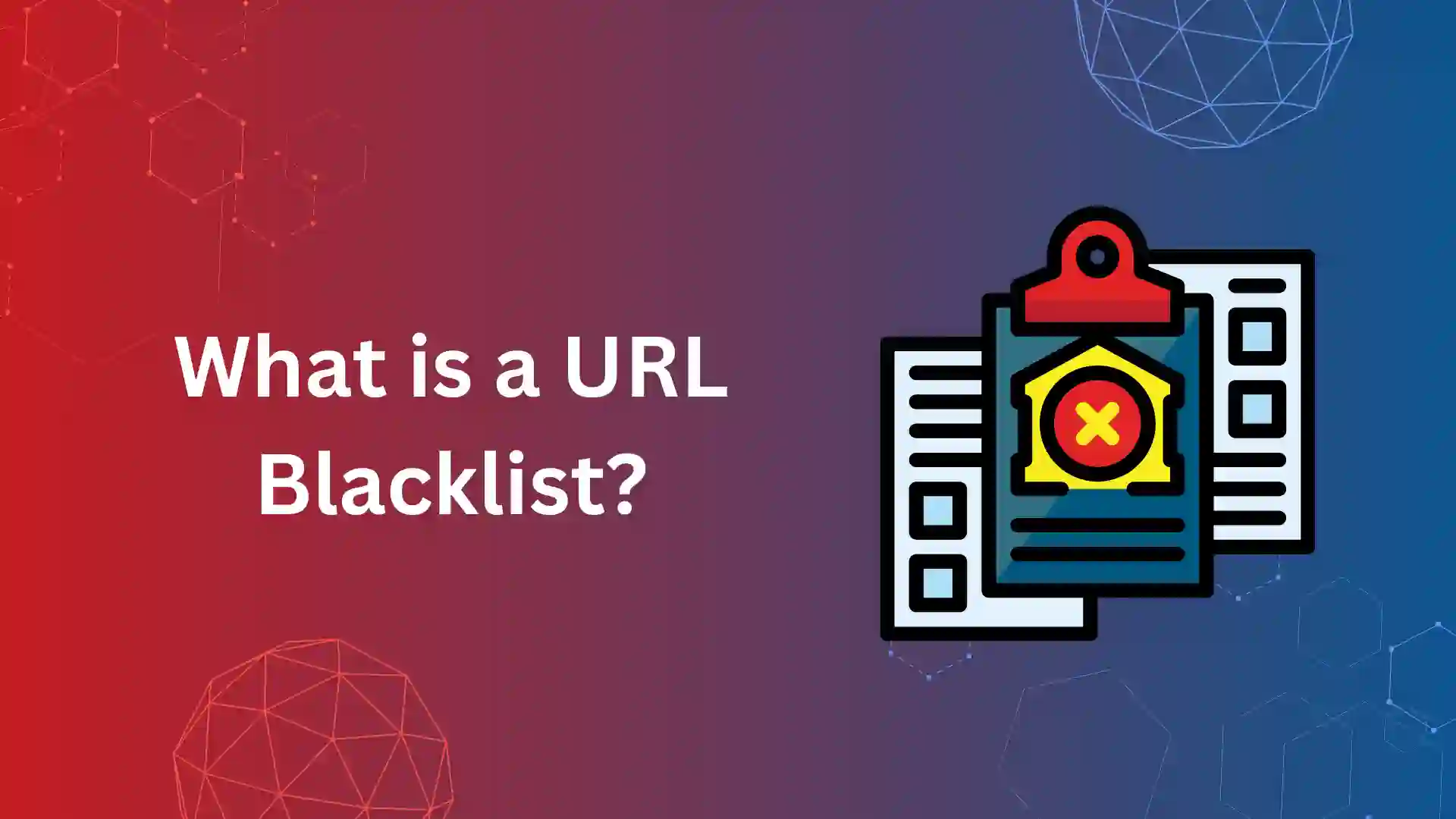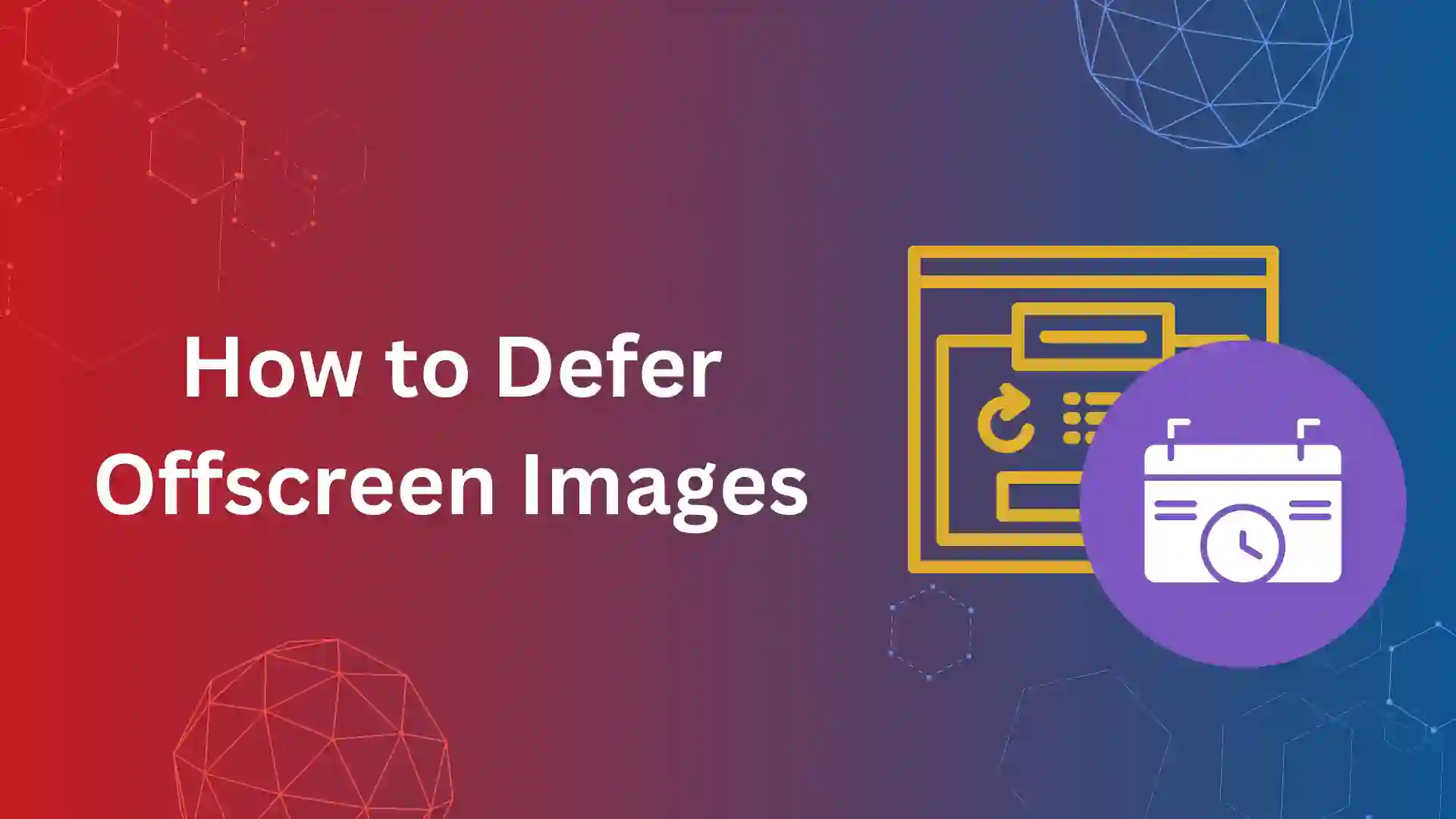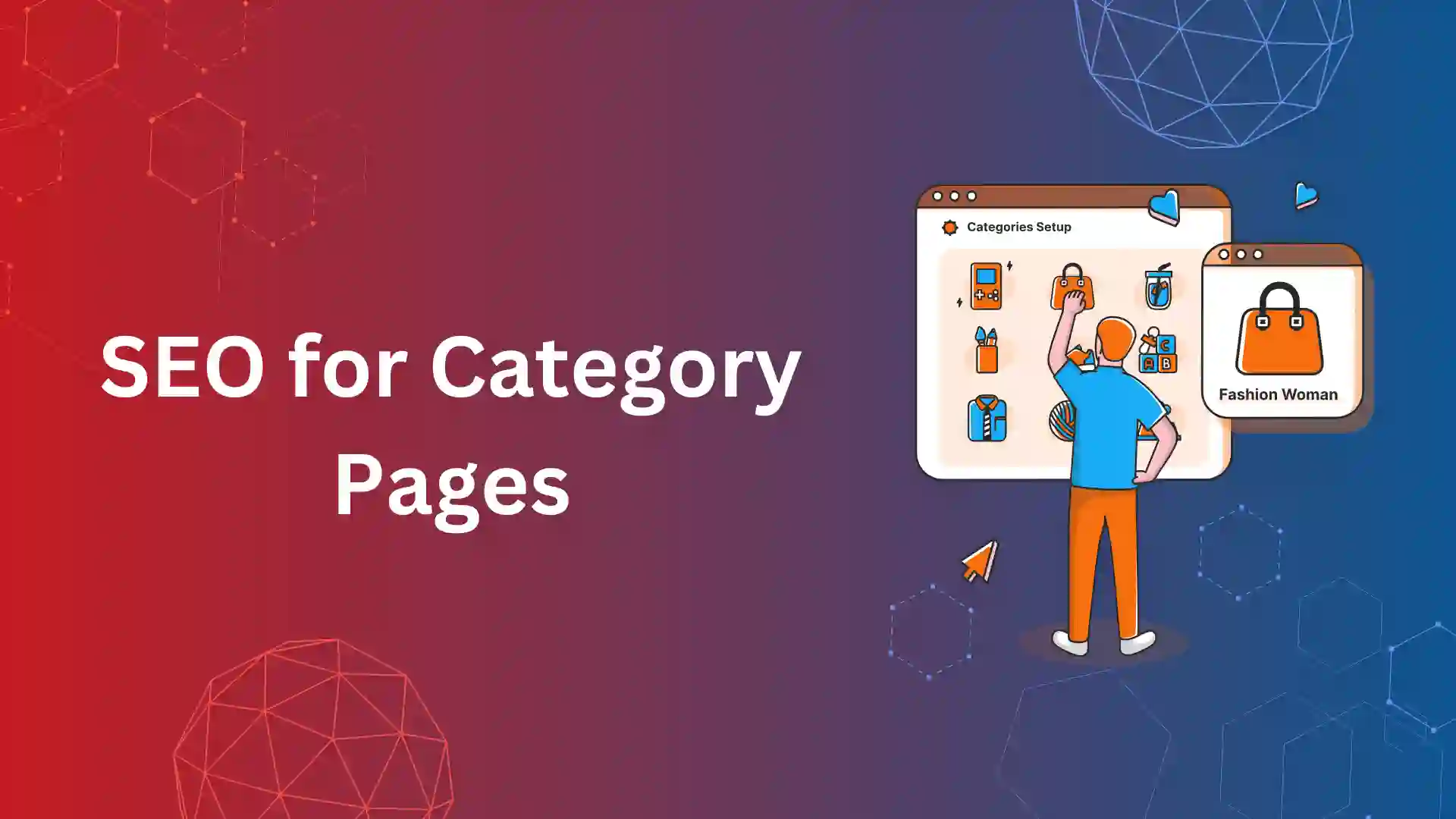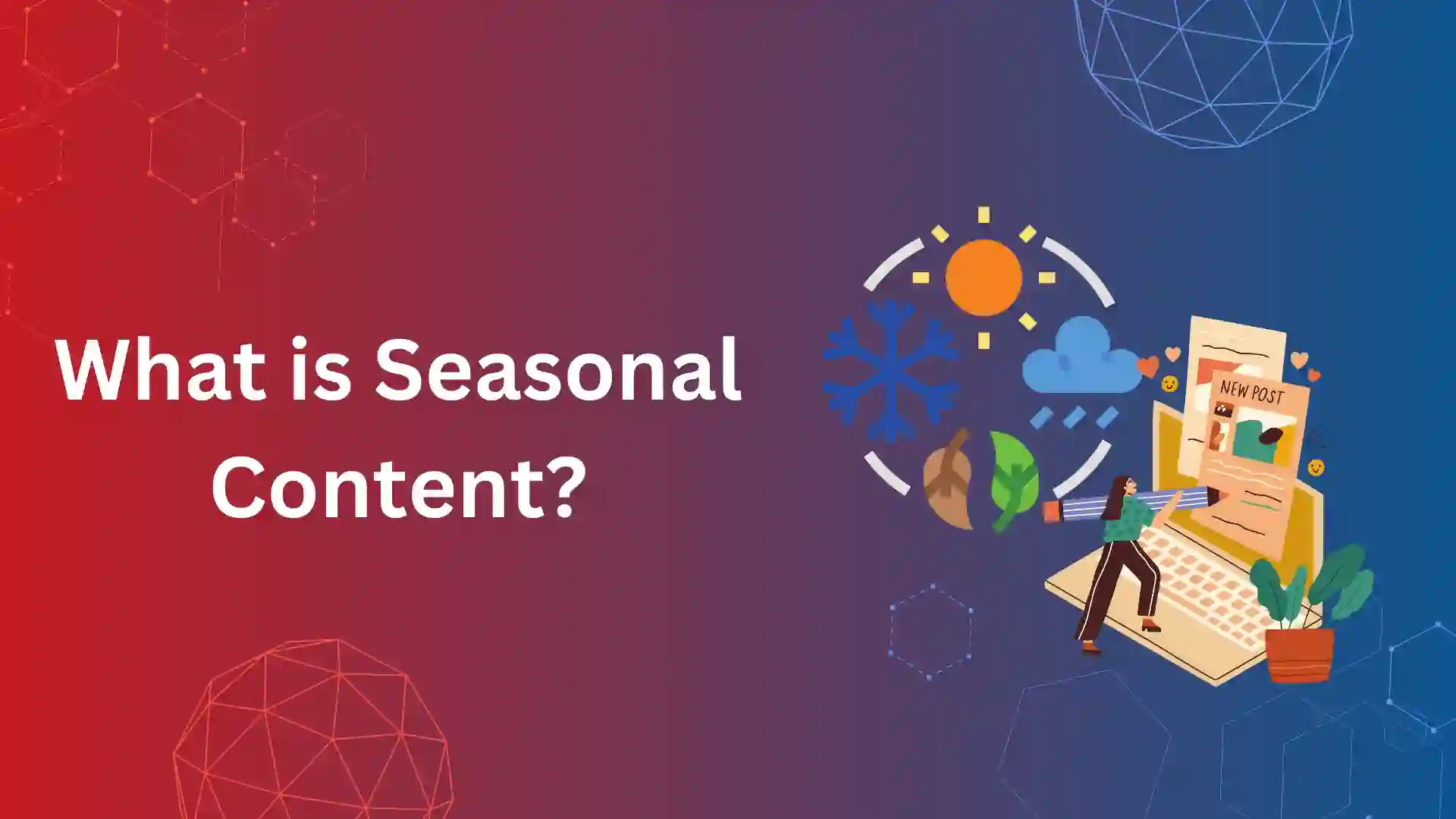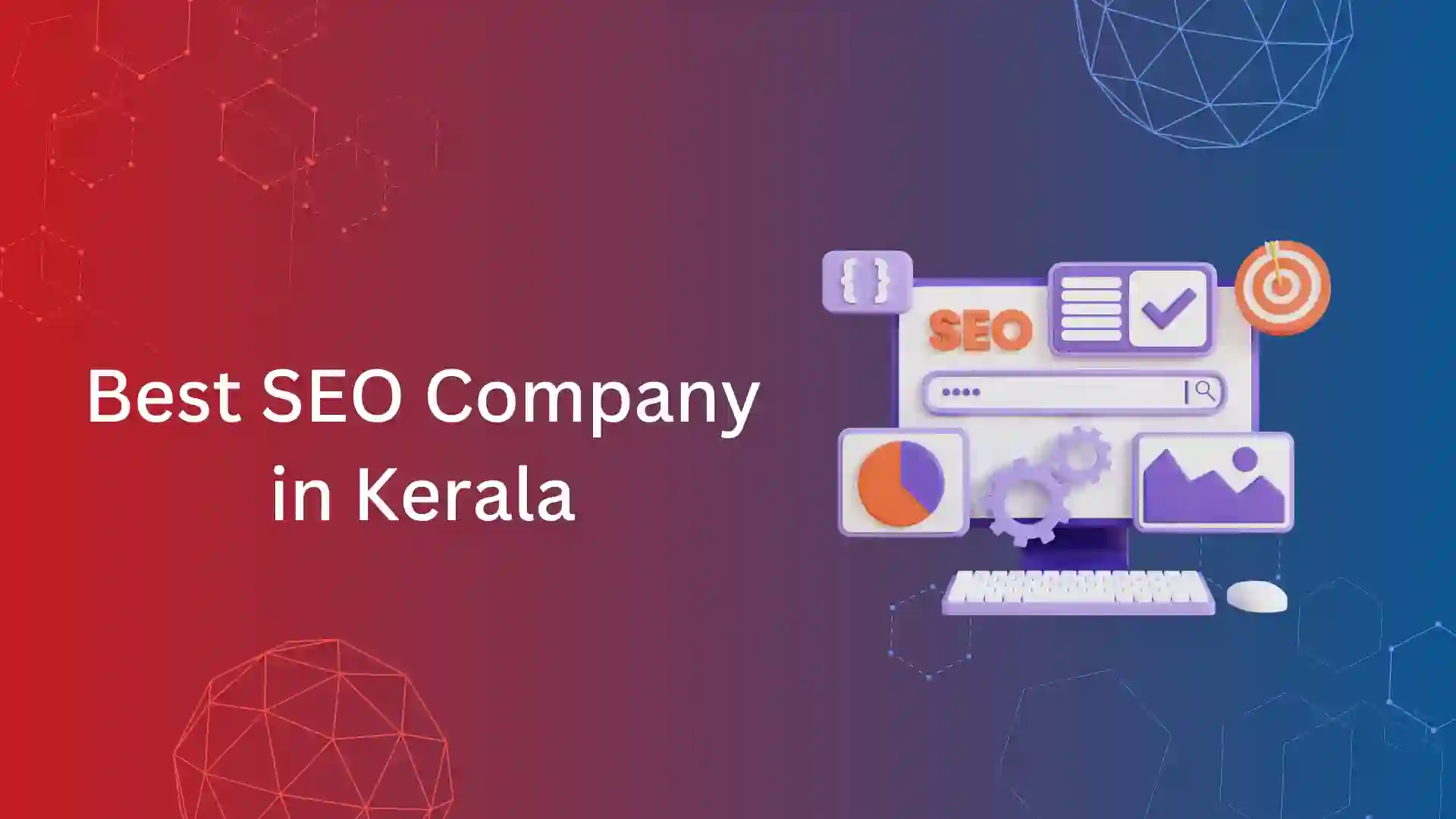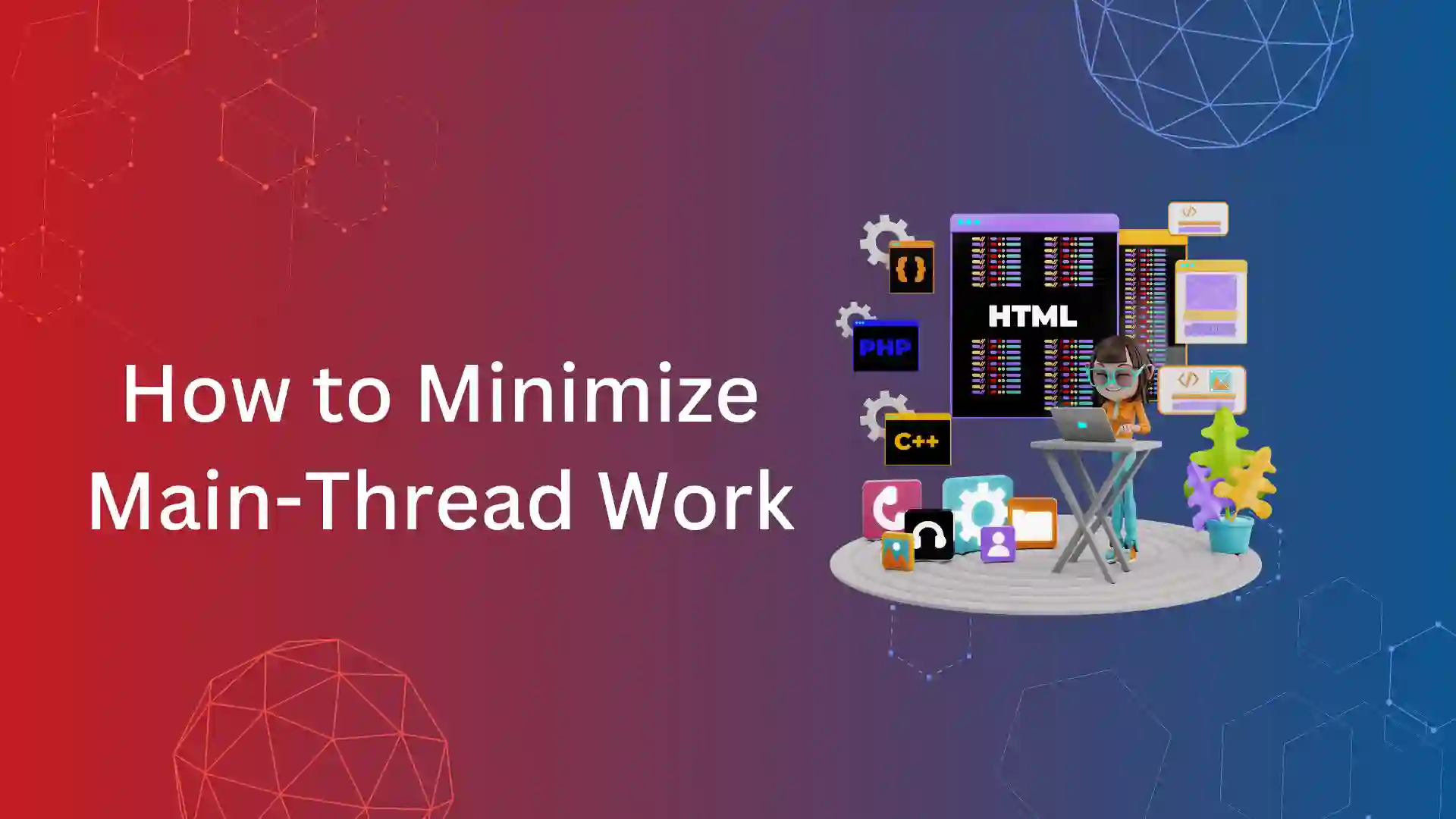The internet is loaded with billions of content in today’s competitive online marketplace. This makes search engines like Google work on various algorithms to pick the best piece of content over the internet. Expertise, Authority, and Trustworthiness (E-A-T) are three factors that Google considers to determine a high-quality website.
Google E-A-T algorithm is one of Google’s quality evaluator guidelines and ranking factors. Search engines, being robots, can only work on pre-defined algorithms. They always strive to rank the quality content to provide the greatest possible experience for their consumers (search engine users); thus, they only promote websites it trust.
This article will be a comprehensive guide on what is Google EAT. What are Quality Rater guidelines? How to improve your EAT score? What is the relationship between the EAT algorithm and link building, and the tips that work to enhance your EAT score?
Learn how to improve your website’s ranking with Google’s EAT algorithm, ensuring expertise, authoritativeness, and trustworthiness for better visibility.
What Is Google EAT?
The quality of web pages and their content is evaluated using a score- E-A-T by Google’s quality rater guidelines.
Expertise, Authoritativeness, and Trustworthiness of a web page are referred to as Google EAT. Search engines evaluate the quality of content using the E-A-T algorithm.
A website with a high E-A-T score should perform better in search engine results than one with a low E-A-T score.
- Is there a strong purpose for the existence of the page?
- Expertise, Credibility, and Reliability
- Information about the website or the main content provider, as well as the quality and quantity of the main content
- The main content author’s or the website’s reputation
- As a result, assuming all other factors are equal, the higher a page’s ranking should be, the more it exhibits expertise, authority, and trustworthiness.
Expertise:
- The content creator must be a specialist in your subject.
- You must demonstrate the creator’s expertise for the Main Topic (MC) and mention it in your content.
- For humor or gossip blogs, expertise isn’t as vital as medical, financial, or legal websites.
- The good news is that any website may clarify knowledge provided its information is accurate and beneficial to its visitors.
Authoritativeness:
- You must clearly show that you are an authority or that the creator is authoritative.
- And you may obtain it through your authors’ knowledge or from yourself.
- The quality of the narrative drives authority if your website is a community or forum debate.
- Reviews and personal experiences are just as essential as skill sets.
Trustworthiness:
- You must clearly show that you are an authority or that the creator is authoritative.
- And you may obtain it through your authors’ knowledge or from yourself.
- The quality of the narrative drives authority if your website is a community or forum debate.
- Reviews and personal experiences are just as essential as skill sets.
Google Eat Updates and Their Influences:
This upgrade impacted several categories, resulting in a significant drop in organic traffic. Health, Medical, Fitness, Nutrition, and other areas have been struck hard.
This upgrade was dubbed the “Medic Update” by several SEOs.
The three key attributes on every website were the focus of this upgrade.
You don’t need to be concerned if you know these criteria constantly limit your website.
Google publishes updates primarily to improve search functionality and deliver the best possible user experience.
Which YMYL themes does E-A-T apply?
Most individuals know that money is a sensitive topic, and search engines know this. There’s a phrase for discussing money and other “serious” lifestyle issues: Your Money or Your Life (YMYL).
Google pays great attention to E-A-T SEO when it comes to YMYL subjects. You’ll want to seek sites that fit the three E-A-T criteria if you’re looking for money-saving tips. But what exactly are they?
The factors Google utilize to determine the E-A-T value are simple.
Expertise- You should seek guidance from persons who are knowledgeable about the subject. They might include industry specialists, credentialed authors, and those who have already published on the subject.
Authoritativeness- You should seek YMYL counsel from a source that is an authority on the issue. That it’s a site that gets much traffic for a given issue, gets high ratings, and offers expert-written material.
Trustworthiness- A source doesn’t need to be authoritative. It should also be dependable. That implies information must be factual, include external references, and state who the experts are upfront.
You may understand how tough it is to assess E-A-T if you’re familiar with SEO. Because E-A-T isn’t listed in the Core Web Vitals, it’s unclear if it’s a direct ranking determinant.
However, we know that E-A-T is included in Google’s Search Quality Rater Guidelines. That’s essentially the truth for the team that evaluates Google’s search results for quality. Google has stated as much.
There are no E-A-T SEO scores, unlike with Core Web Vitals. However, you should do well in E-A-T if you focus on generating interesting material on a website with an excellent user experience.
Years ago, content farms that filled brief pieces with keywords gave little value to searchers, yet they dominated the SERPs. Because it was difficult for people to know whom to trust, particularly regarding these sensitive YMYL themes, Google began to look into E-A-T SEO as a technique to decide whether a site was worth ranking.
Is Google EAT a Ranking Factor?
A long list of all the criteria goes into your Google search engine ranking. Google has its own set of search quality rating guidelines that are changed regularly.
However, with such a large list, it isn’t easy to keep track of your techniques and know what to search for to increase your rating. So, among the hundreds of variables, these are the ones I’d leave out that require greater attention.
According to the most recent Google update, there are various variables that Google considers when ranking your website.
- Keyphrases in Title, H1, and URL
- No Crawling, and Coverage errors
- Page loading time (Desktop and mobile) As we all know, a mobile device will always appear mobile-friendly (the website should be mobile-friendly.)
- Internal links
- Keywords are organized in proper research in order using Title and Header tags
- Site breadcrumbs high-quality content authoring
- Backlinks from relevant and quality websites
Site privacy and accessibility are not taken into account. (If your site gets hacked and is down for a few days, you may restore it after some time; in this case, Google does not consider your site poor.)
Google does not take domain age into account. Google prioritizes the highest-quality material.
Tips to Improve your Google E-A-T Scores
As you can see, all three of these characteristics are essentially the same thing. Google wants you to find high-quality, trustworthy, authoritative material using their search engine algorithm.
These characteristics are especially crucial in sectors like money and health, where taking bad advice can result in serious personal repercussions such as bankruptcy or hospitalization.
Here are some tips to improve EAT Scores
- Every post should include an author byline.
- Keep an “About Me” section to tell others about yourself.
- For information, provide a link to reputable sources.
- Focus on establishing a trustworthy brand identity by explaining source credentials in your text.
- Use Relevant Trust Badges Where Necessary to Implement SSL for Your Website
- Increase the number of high-quality backlinks on your site.
- Write for other industry-related websites.
- Content with low EAT Attributes should be reduced or improved.
- Check for errors, make changes, and add new information.
- Examine the feedback and rankings for your website.
- Make an effort to keep your reputation in good shape.
- Prioritize the user’s requirements.
E-A-T Recommendations
Page Quality Rating & Search Quality Rater Guidelines
The Search Quality Rater Guidelines serve as a guide for Search Quality Raters who “review search engine quality worldwide.”
The Quality Raters Guidelines is neither a part of nor a factor of the Google algorithm.
You might think of the rater rules as a roadmap for where the search algorithm should go. They don’t tell you how the algorithm ranks results, but they show you what the algorithm should do in general.
Quality Rating Of The Page:
The Search Quality Rater’s work includes determining (PQ), or Page Quality. Page Quality, according to Google, is “how well a page fulfills its objective.” This is also known as the “beneficial purpose,” or page’s usefulness.
As you can see, E-A-T is only one part of a website’s overall quality; there’s a lot more to think about when designing a high-quality page.
Because that’s what Google wants, high-quality pages should always be the aim, and the Page Quality rating and QRG, in general, are good indicators of what Google wants.
Impact That E-A-T Have on Algorithm Updates
First and foremost, this isn’t a brand-new feature. Many SEO professionals noted variations in search ranks at the time. Furthermore, Google indicated that there would be a comprehensive upgrade, which is something they don’t do very frequently.
Anyone who wants to maintain a high ranking in search engines must stay up with the ever-changing SEO environment. In particular, Google’s significant algorithm updates are always a reason to rethink your strategy.
If you own a YMYL site, the E-A-T algorithm update is no exception. It’s another move by Google in providing the best, most relevant, and most reliable results to searchers.
If being labeled as such was already on your to-do list, you presumably didn’t have anything to worry about. For everyone else, it’s an opportunity to consider how you might improve your site and make it more adaptable to future developments.
Here’s a short rundown of the preceding steps:
- Re-evaluate your entire website to determine if anything is off-putting.
- Make sure to list E-A-T creators on your About page.
- Make care to highlight the site contributors’ skills as well.
- Take steps to manage your public image.
- Continue to improve your old and new material.
With the information above, you should be well on your way to complying with Google EAT criteria while also improving the quality of your site
Newest Core Updates For Google Search 2024
Specialists confirm the March 2024 core update usually has some noticeable consequences. Some websites may record decreases or increases during this timeframe. We understand that folks with sites that encounter drops will be seeking a solution, and we want to ensure they don’t address the wrong things. Moreover, there may be nothing to correct at all.
After a core upgrade, pages that don’t function as well as others are perfectly normal. They haven’t broken any of our webmaster standards nor been exposed to manual or algorithmic action, as can be the case with pages that do.
If you are interested, learn more about Google algorithm updates history, and keep your website up-to-date.
A core update does not target any particular websites or pages in particular. Rather, the adjustments aim to enhance how our systems evaluate material as a whole.
Conclusion:
Like many guidelines of SEO, Google E-A-T guidelines may be subjective and troubling at times. You might not see a direct link between the activities you take to increase your E-A-T and your rankings right away.
Above all, E-A-T is a financial investment in the reputation of your business. If you can wow your clients, Google will soon follow.
Start by developing a great author bio that reflects your knowledge as you work toward becoming an authoritative person in your profession.

